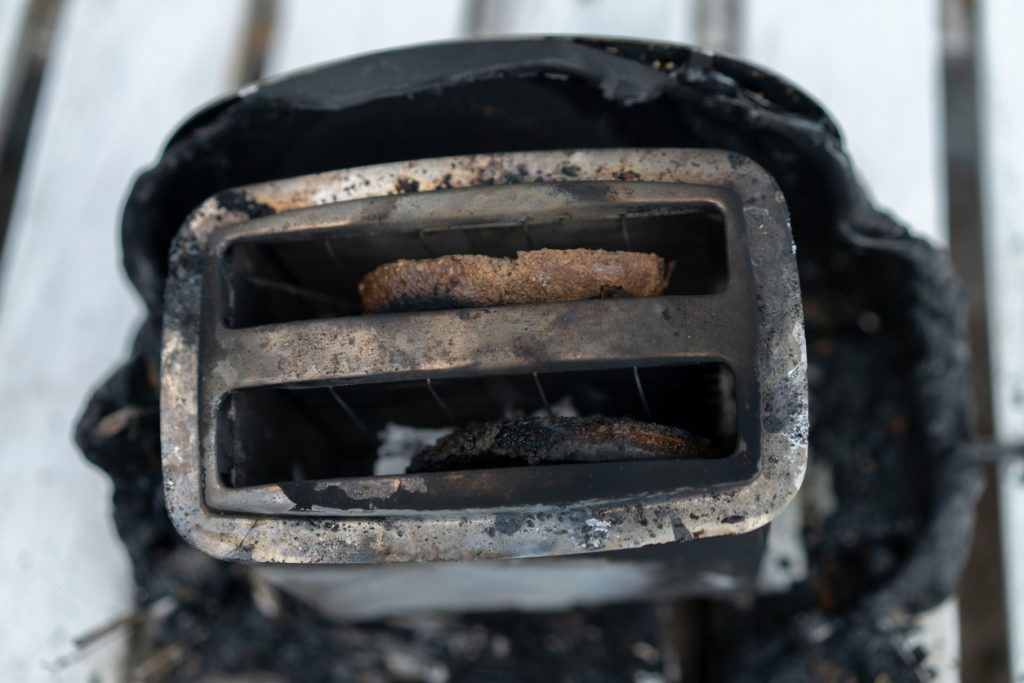
Every year, defective products are responsible for thousands of serious injuries and deaths. In Texas, product liability law affords legal remedies to those who were injured. However, it must be shown that the product suffered from design flaws, manufacturing defects—or the manufacturer did not offer adequate warnings or instructions regarding its use. If any of these elements can be established, it is possible for injured victims to sue the manufacturer of a defective good.
However, what about the individual or party that sold you the product? In Texas, there are limited circumstances where you can sue the seller of a defective product that caused you harm and economic losses.
To prove that a product was dangerous or defective, victims should consult with a Dallas personal injury lawyer who is well-versed in product liability cases. At Crowe Arnold & Majors, LLP, we can help you collect evidence that demonstrates whether a product was defectively designed, manufactured, or was sold without proper warnings.
When can a seller be held liable for defective products?
Under Texas product liability law, the seller of a product is not legally responsible for any defects that produce injury if they did not take part in manufacturing it.
According to Section 82.003 of the statute, a “seller that did not manufacture a product is not liable for harm caused to the claimant by that product” unless they prove the following elements:
- the seller partook in the design of the product
- the seller modified or changed the product, and this alteration was the direct cause of the claimant’s injury
- the seller installed the item on a different product, and the claimant’s harm was caused by this installation onto an assembled product
- the seller exercised substantial control over the content of a warning or instruction that accompanied the product
- the seller misrepresented an aspect of the product, which was relied upon by the claimant
- the seller had knowledge of the product’s defect at the time of sale to the claimant, and this defect caused the plaintiff’s harm
- the claimant can show that the product’s manufacturer is insolvent or not subject to the court’s jurisdiction
To be successful in a claim against a seller of a defective product, it’s best to work with an experienced Dallas product liability attorney, who can prove a causal connection between the seller’s intervention or actions regarding the defective product, and the harm suffered.
Texas federal court rules seller can be sued over a defective product
A recent ruling in case No. 18-CV-2242 may prove pivotal in this type of litigation. The U.S. District Court for the Southern District of Texas ruled that Amazon.com, Inc. could be held liable under Texas product liability law for injuries caused by a defective Apple remote sold by a third-party vendor on the website. The court determined that Amazon could be considered a “seller” in the case because the product was sold with Amazon’s Fulfillment by Amazon (FBA) service.
Because Amazon stored the product in the warehouse, packaged the remote, and was responsible for shipping and delivery to the claimant, the court determined that the e-commerce giant was integrally involved in the sale of the product. The claimant was suing because the remote’s battery fell out and was swallowed by his young child, who suffered serious injury to the esophagus.
Contact our team of Product liability lawyers serving North Texas
Product liability claims are rarely cut and dry, and those stemming from a dangerous item that was altered by the seller or sold by a third-party vendor can be even more complex to navigate. If you were injured and need expert legal advice on whether you have a case for damages, please contact Crowe Arnold & Majors, LLP. Schedule a free consultation with a respected personal injury lawyer— who has a proven record of winning defective product claims. There are strict time limits for pursuing a product liability claim in Texas, so don’t delay seeking advice about your legal options.





